Breast Reduction
Reduce excess volume and achieve a lighter, more balanced appearance with improved comfort.
Advanced Technology
Cutting-edge tech and equipment for precision, efficiency and optimal results in every procedure.
Satisfaction Guaranteed
Personalized attention and results aligned with your goals—an experience you’ll love.
Commitment to Excellence
Outstanding care and exceptional outcomes, in every detail of your experience.
Patient-Centered Care
We tailor every step to your needs to ensure comfort and satisfaction.
Expert Medical Team
Highly trained specialists combine expertise and care for consistent beautiful results.
Safety & Trust
We follow the highest standards and protocols for total peace of mind.
Advanced Technology
Cutting-edge tech and equipment for precision, efficiency and optimal results.
Breast Reduction
Breast reduction is a surgical procedure that removes excess breast tissue, fat, and skin to reduce the size and weight of the breasts. It is performed for both cosmetic and medical reasons, often to relieve physical discomfort caused by overly large breasts.
What Breast Reduction Can Achieve
- Women with chronic back, neck, or shoulder pain due to large breasts.
- Those with skin irritation or rashes under the breast fold.
- Women experiencing difficulty with exercise or daily activities.
- Individuals with bra strap indentations from heavy breasts.
- Those unhappy with the size or asymmetry of their breasts.
Who is a Good Candidate?
- Breasts have lost shape and volume due to pregnancy, weight loss, or aging.
- Nipples point downward or fall below the breast crease.
- One breast is lower than the other (asymmetry).
- Areolas have stretched and need resizing.
Recovery Timeline
- Swelling and discomfort for the first 1-2 weeks.
- Most patients return to light activities in 1-2 weeks.
- Full recovery in 4-6 weeks.
- Final breast shape settles within 3-6 months.
Procedure Overview
- Performed under general anesthesia.
- Excess fat, glandular tissue, and skin are removed.
- Breasts are reshaped, and nipples are repositioned for a natural look.
- Incisions are closed with sutures, and a surgical bra is worn for support.
- Surgery takes about 2-4 hours.
Three key benefits of Breast Lift
Lasting pain relief
Reduces back, neck, and shoulder pain, rashes/irritation, and bra-strap grooving.
Easier movement & daily comfort
Exercise feels better, posture improves, and clothes fit more comfortably.
Balanced, confident silhouette
Creates proportionate shape and symmetry; breasts are typically lifted for a more youthful look.
Lasting pain relief
Reduces back, neck, and shoulder pain, rashes/irritation, and bra-strap grooving.
Balanced, confident silhouette
Creates proportionate shape and symmetry; breasts are typically lifted for a more youthful look.
Confidence in every outfit
Improves projection and bra fit so dresses, swimwear, and everyday tops drape the way you want—subtle to striking, on your terms.

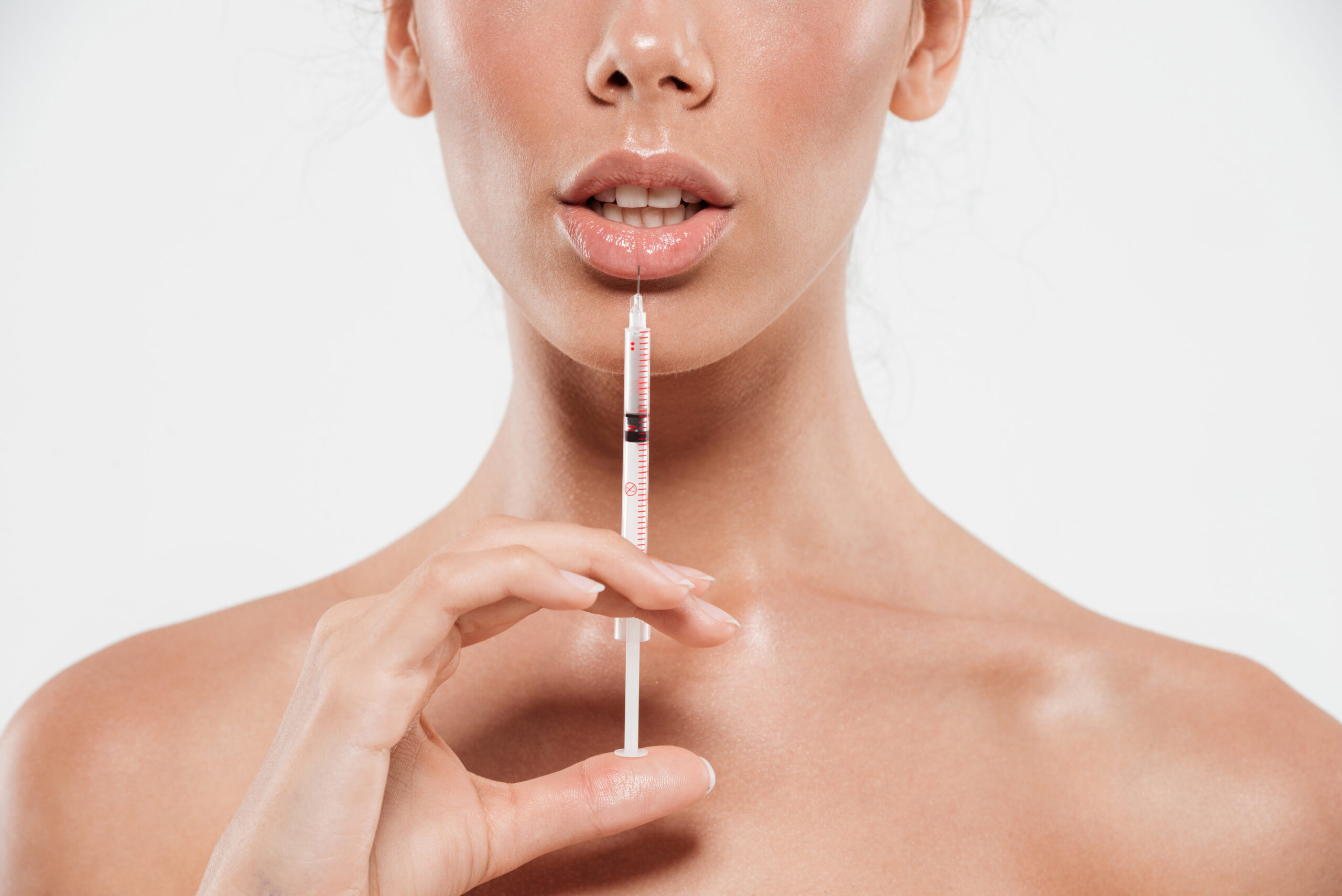
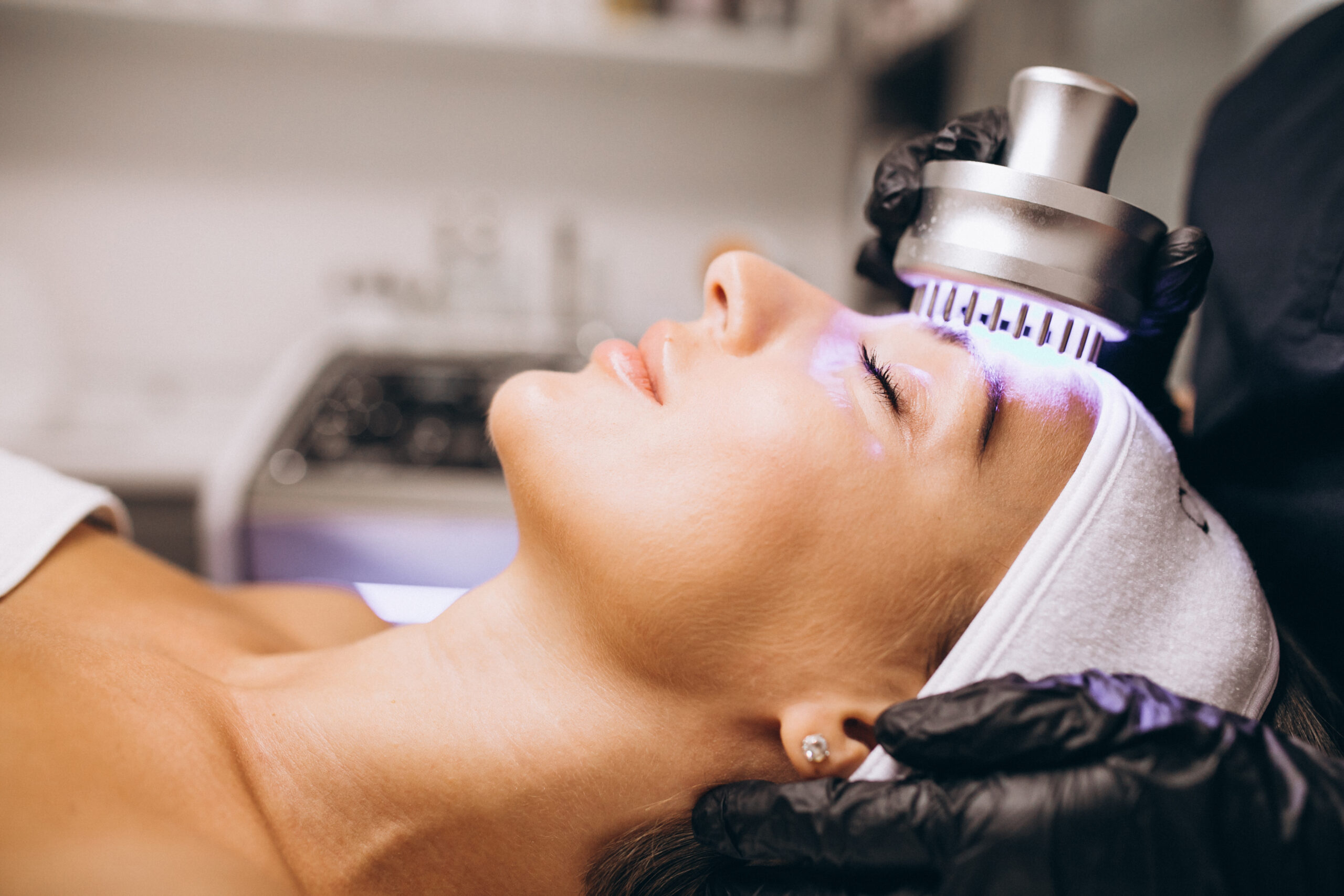
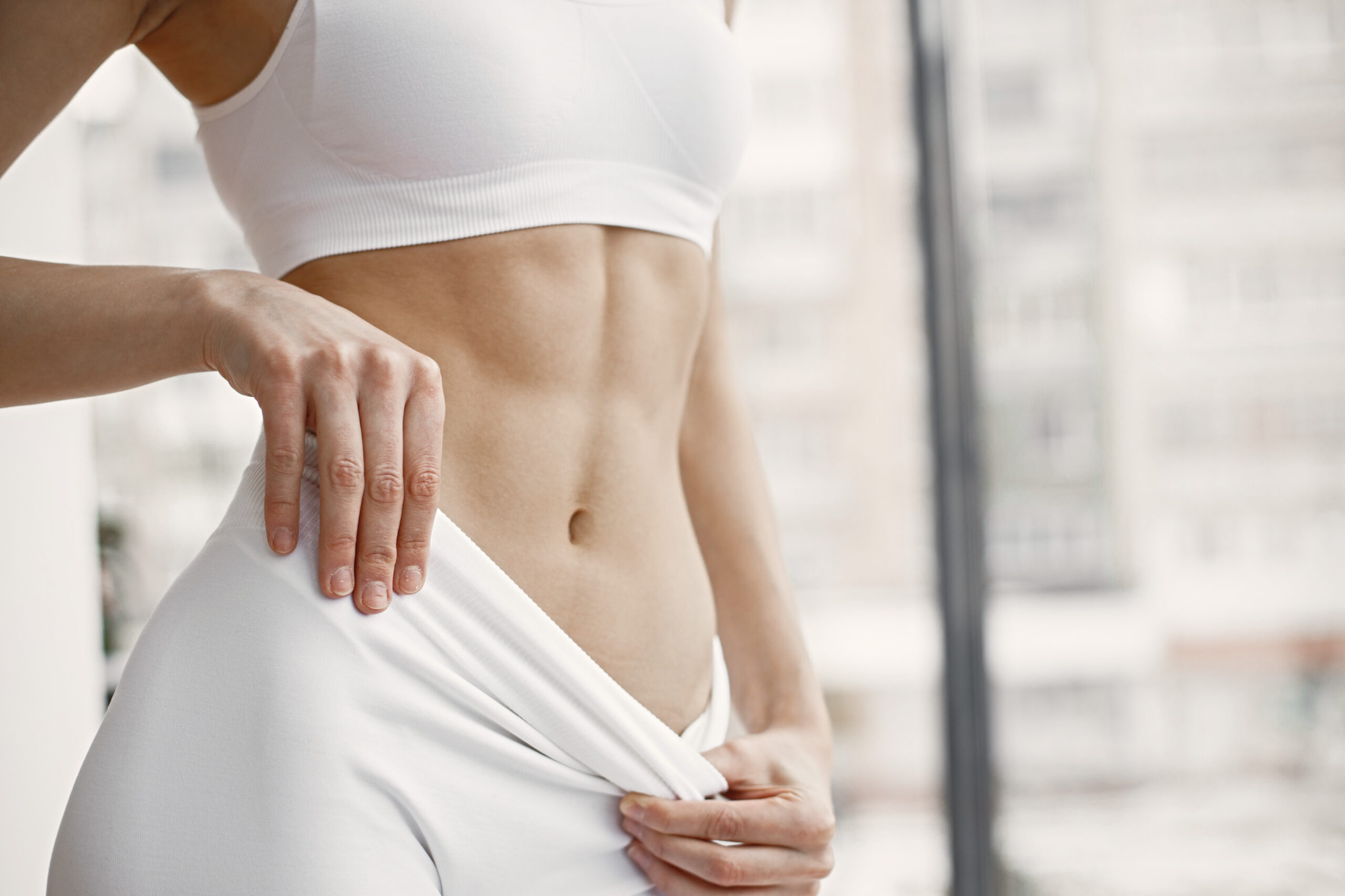

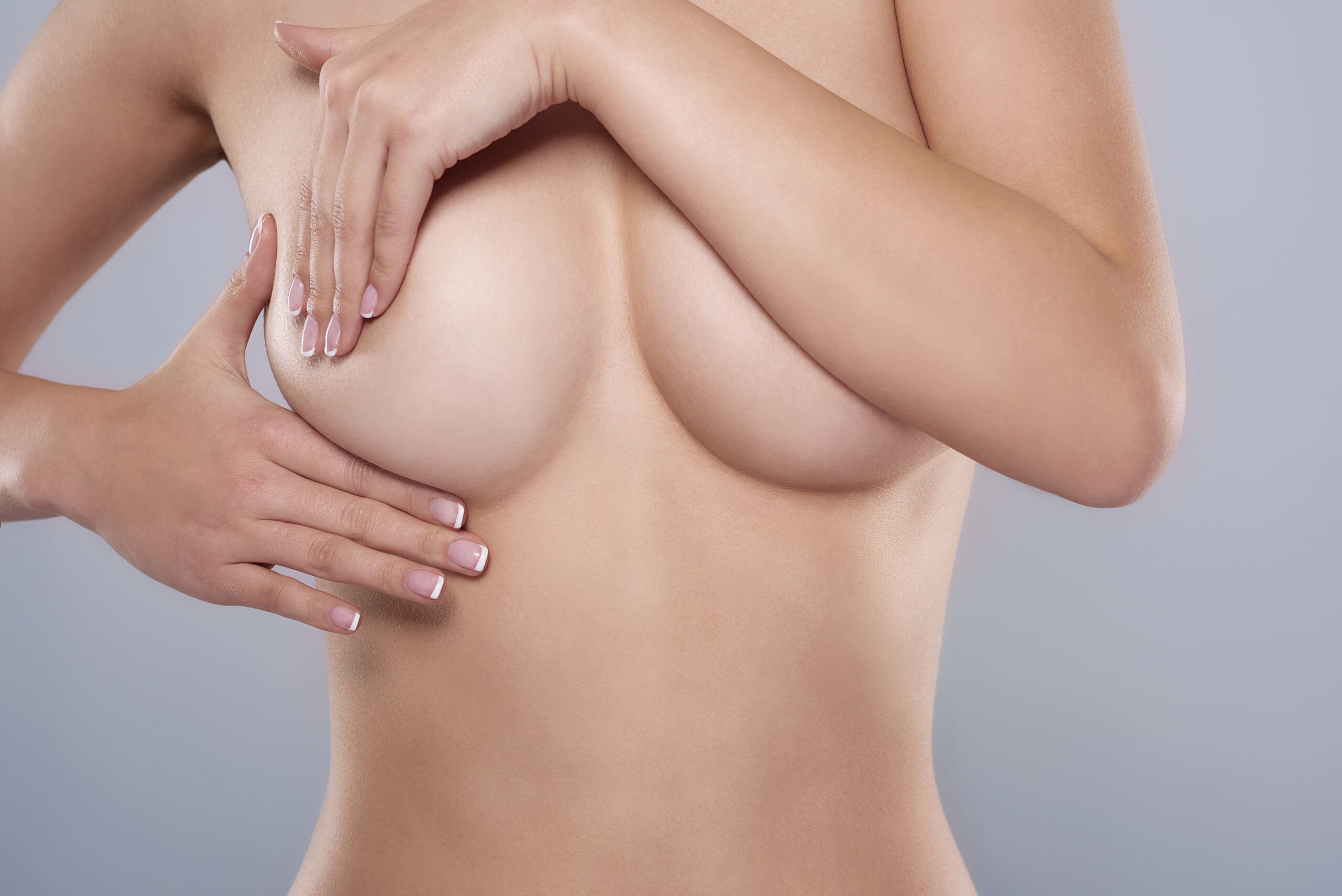
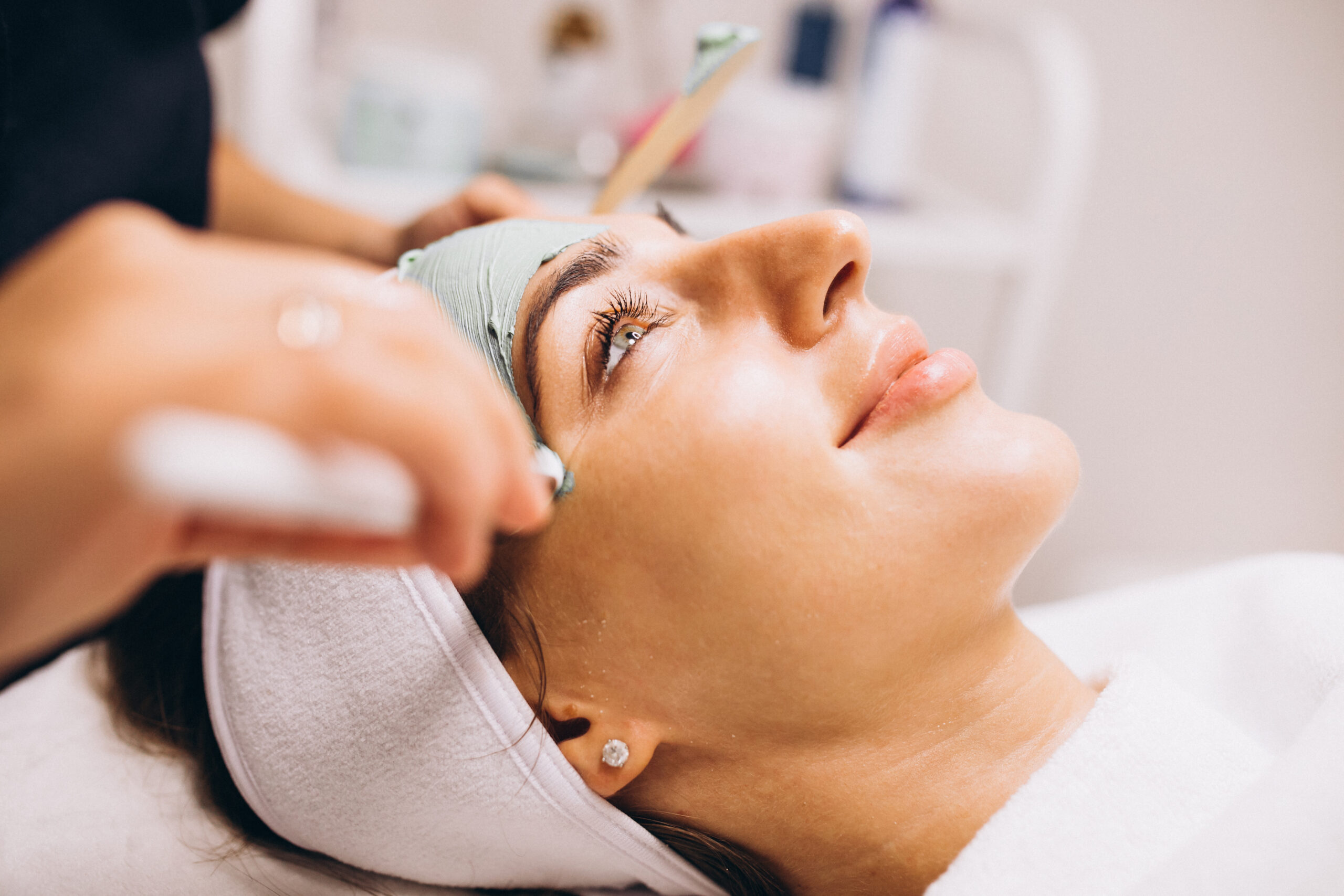

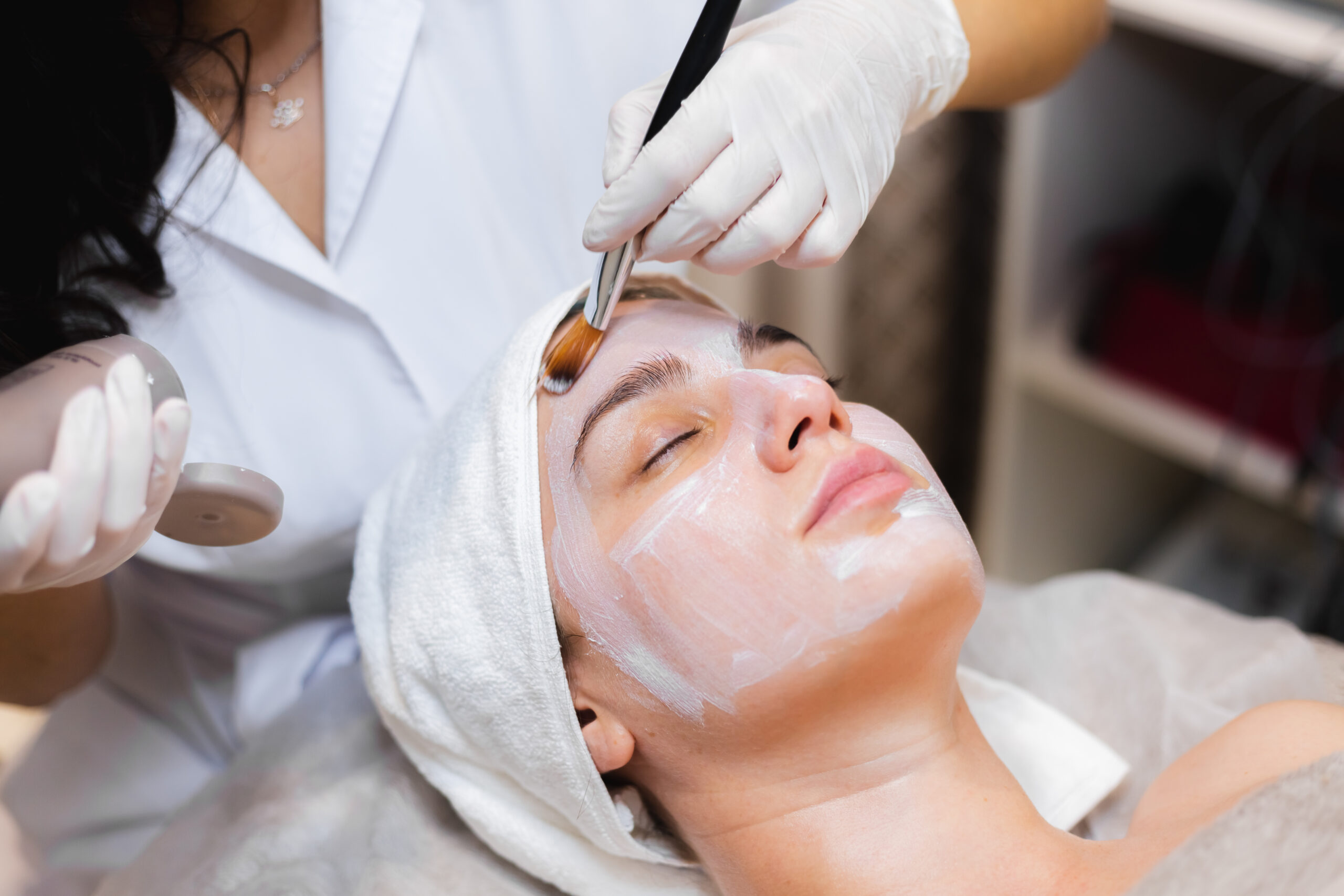

FAQ'S
Am I a good candidate?
You may be a candidate if you’re in good health, at a stable weight, a non-smoker (or willing to pause as directed), and seeking an improvement in breast shape, size, or symmetry with realistic goals. A consultation confirms candidacy and the best approach for you.
What’s the difference between augmentation, lift, reduction, and fat transfer?
Augmentation adds volume (implants or fat). A lift repositions and reshapes drooping tissue. Reduction removes tissue for smaller, lighter breasts. Fat transfer refines shape using your own fat for subtle volume or contour.
Will I need a lift too?
If your nipples sit low or point downward, combining a lift with augmentation or reduction can create a more youthful, balanced result. Your surgeon will assess nipple position and skin elasticity during your exam.
What type of anesthesia is used?
Most breast procedures are performed under general anesthesia for comfort and safety. Minor revisions or small fat transfers may be done with sedation when appropriate.
What scars should I expect?
Scar location depends on the procedure and your anatomy. Common patterns include periareolar, inframammary (in the fold), vertical (“lollipop”), or anchor. Scars fade over 6–18 months with proper care and sun protection.
How long is recovery and when can I exercise?
Many patients return to desk work in 3–7 days, resume light activity in 2 weeks, and gradually return to full exercise at 4–6 weeks as cleared by your surgeon. Swelling and shape refine for several months.
Will I be able to breastfeed and what about nipple sensation?
Some patients breastfeed normally after surgery, but it can’t be guaranteed. Temporary changes in nipple sensitivity are common and typically improve as swelling resolves.
How long do results last?
Results are long-lasting, but aging, gravity, pregnancy, and weight changes can affect shape over time. Supportive bras, stable weight, and healthy habits help preserve your outcome.
Does this affect mammograms or cancer screening?
You can still undergo routine screening. Always inform the imaging center about your surgery (and implants, if applicable) so they can use appropriate views and techniques.
